Continuous carbonization refers to a process where organic materials, such as biomass or agricultural waste, are continuously converted into charcoal through a controlled heating process in a continuous carbonization furnace, also known as a continuous charcoal kiln. Continuous carbonization systems allow for uninterrupted operation, enabling a constant supply of charcoal production, often used in large-scale industrial operations.
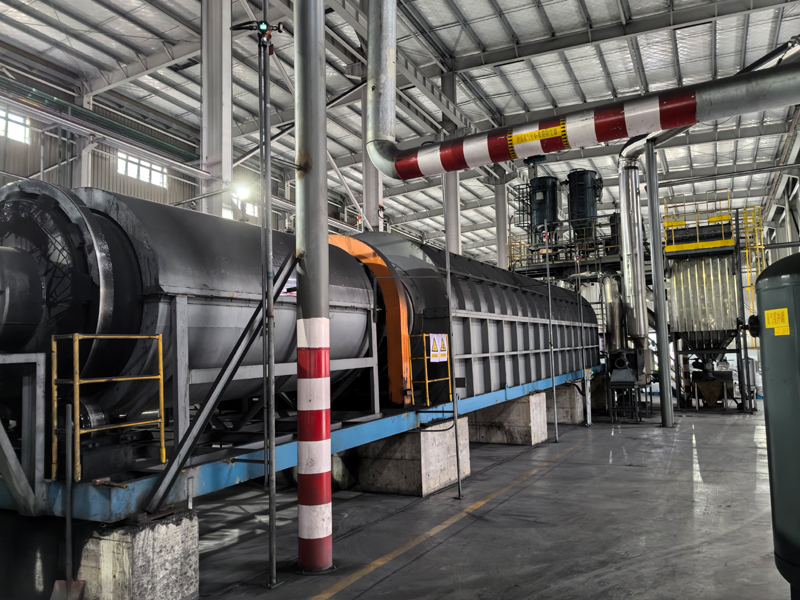
The process flow in continuous carbonization furnace typically follows these steps:
1. Raw material is fed into the furnace through the feeding system.
2. The biomass enters the carbonization chamber, where it undergoes pyrolysis.
3. The produced charcoal moves to the cooling zone.
4. Charcoal is discharged from the furnace.
5. Gases released during carbonization are collected, purified, and either used as fuel or safely released.
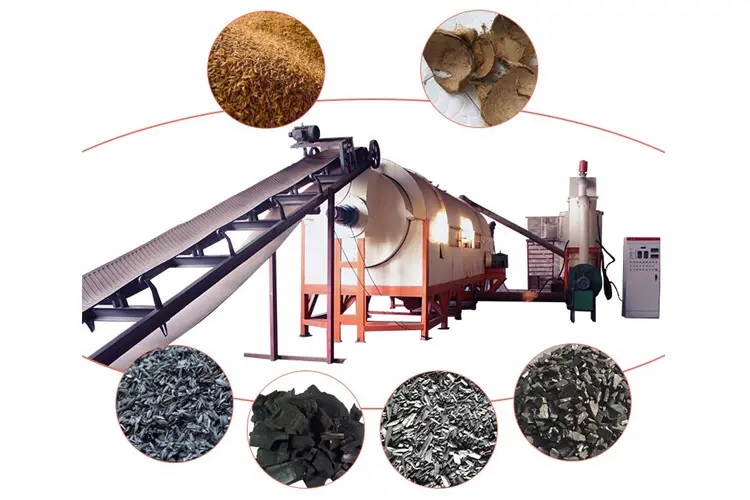
This continuous process allows for efficient and large-scale production of charcoal, with minimal manual intervention and high consistency in product quality.
By the way, if you want the small-scale charcoal production, you can choose the small batch carbonization furnace.
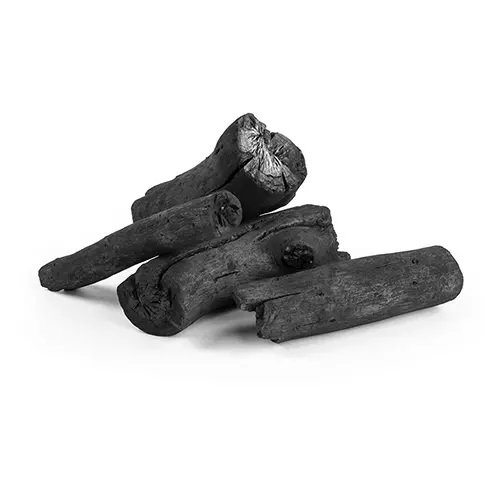
wood charcoal
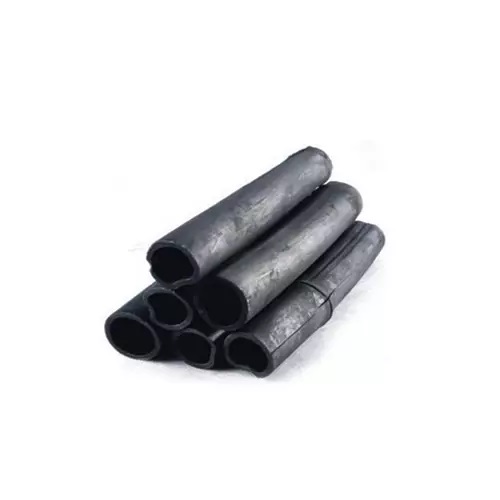
bamboo charcoal
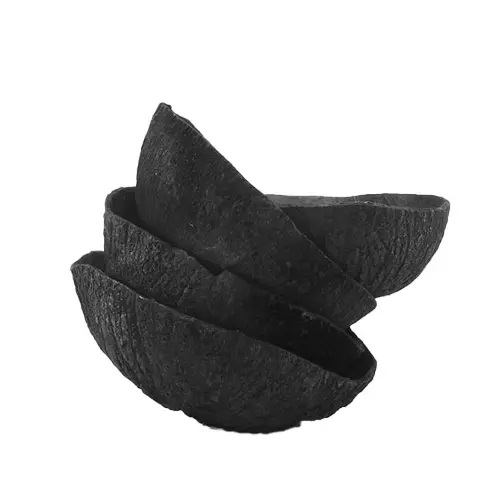
coconut shell charcoal
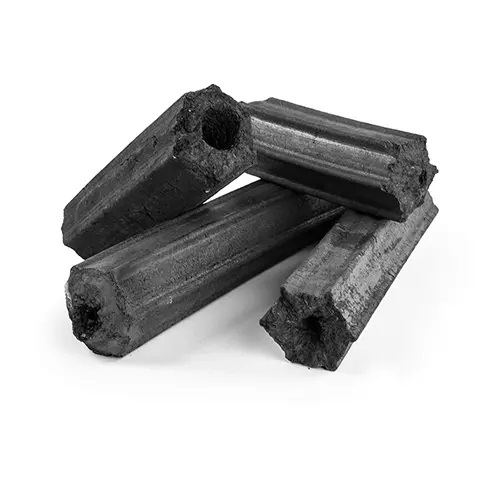
sawdust briqutte charcoal
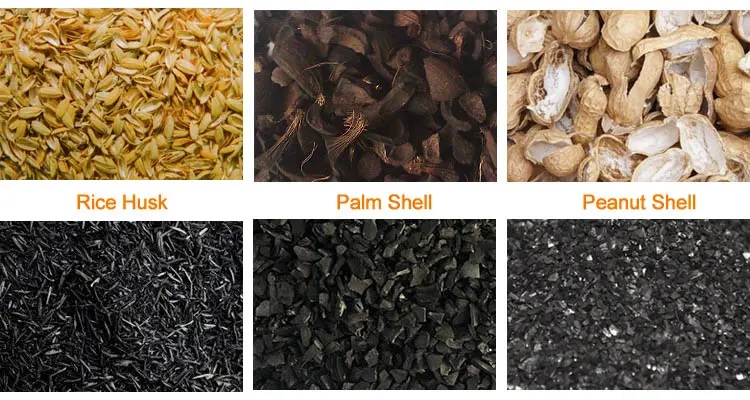
1. Efficient: It can efficiently convert coal or charcoal powder into fuel charcoal briquettes.
2. Environment Friendly and Energy Saving: The charcoal briquetting reduces smoke emissions and improve the raw material utilization.
3. Easy to Operate: Charcoal powder making machine with simple structure usually adopt automated control systems, which are easy to operate.
4. Uniform Briquettes: The finished charcoal briquettes produced by this charcoal extruder machine have regular shapes and uniform density.
5. Versatile: The charcoal extruder can adjust the size, shape and density of the formed blocks according to different needs, and is suitable for various industrial and civil occasions.
6. Stable and Long Service Life.